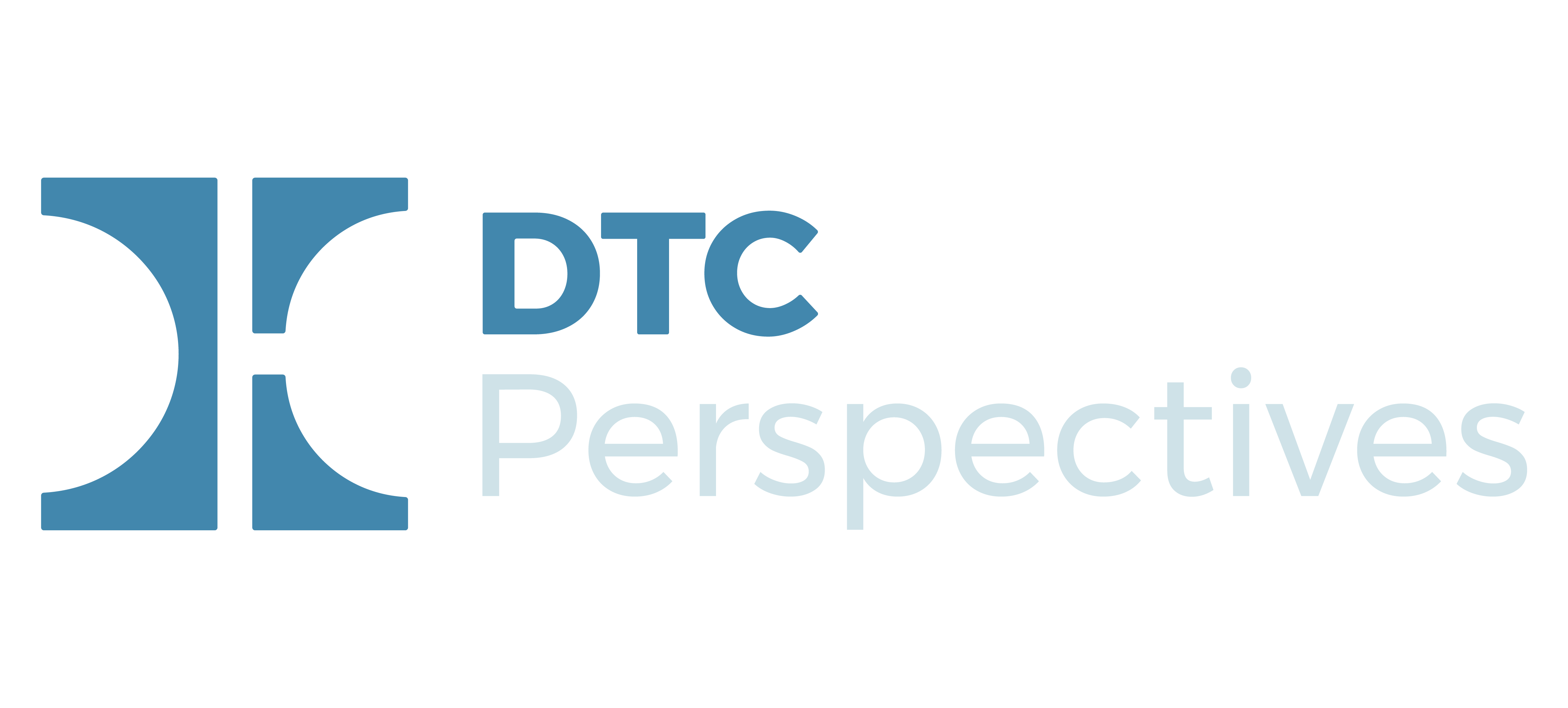Yesterday, President Trump issued a Presidential Memorandum instructing HHS and the FDA to revisit the rules governing direct-to-consumer (DTC) advertising for prescription drugs. The policy signals a return to pre-1997 requirements—when television ads were effectively impossible because they required the full Package Insert (PI) disclosure on-screen. Bob Ehrlich, CEO of DTC Perspectives, weighs in on what this could mean for advertisers, consumers, and the pharmaceutical industry.





